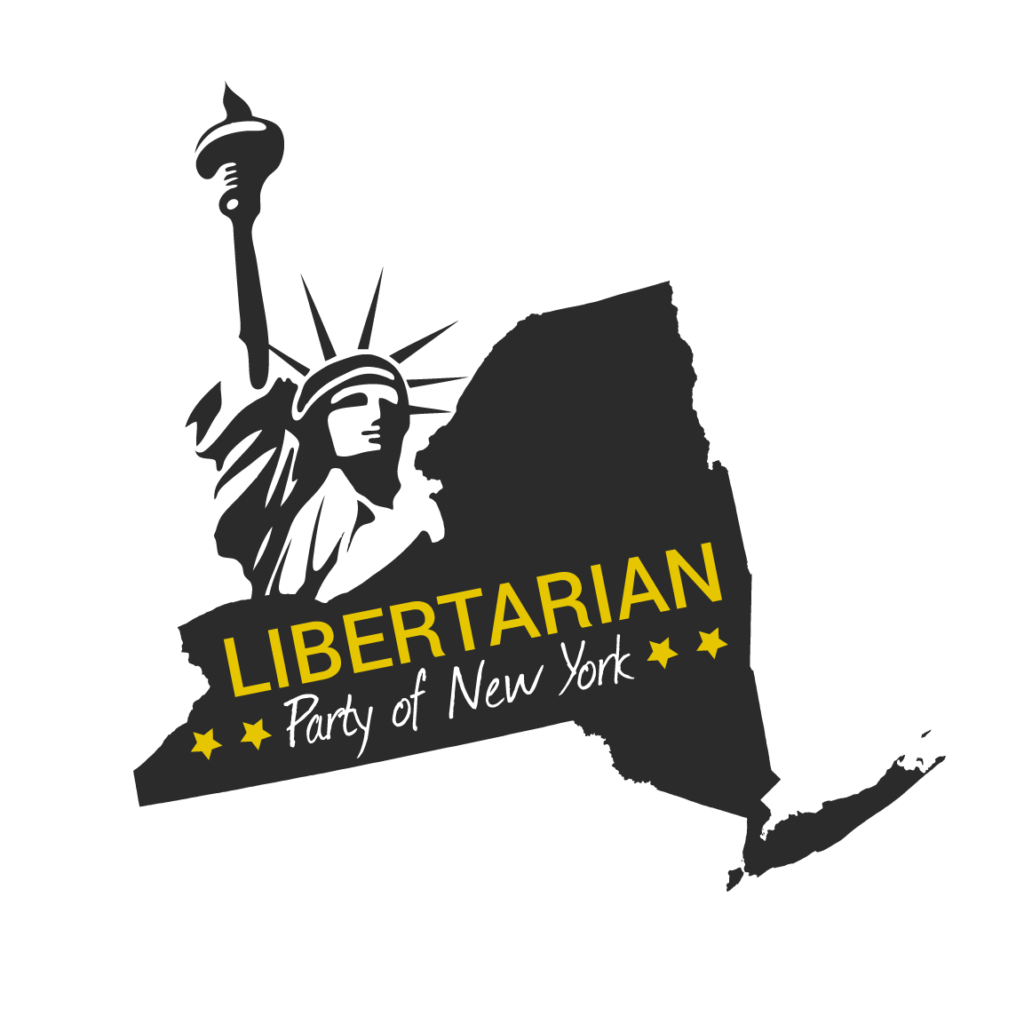
The Libertarian Party of New York (LPNY) opposes Proposal 1, the so-called “Equal Rights Amendment,” on the upcoming general election ballot. After careful review of Assembly Bill A1283, we believe its language poses significant risks to the rights and liberties of New Yorkers, and urge voters to reject it, allowing for a future revision.
If passed, Proposal 1 would add a wide array of new anti-discrimination categories, including ethnicity, national origin, age, disability, sex, sexual orientation, gender identity, gender expression, pregnancy, and reproductive healthcare. This extensive list goes beyond similar initiatives in other states, most of which are narrowly focused on abortion rights. Notably, New York’s proposal avoids using the term “abortion” altogether.
Legal Concerns and Case Precedents
A key concern is the inclusion of “national origin” as a protected class. In 2021, New York City passed a law allowing non-citizens to vote in local elections, enabling approximately 800,000 new voters. This law was struck down in Fossella v. Adams, where the court ruled that it was non-compliant with the New York State Constitution. However, if Proposal 1 passes, the protection of national origin could potentially overturn this decision by giving legal standing to non-citizens, thereby allowing them to vote in state and local elections.
Similarly, the inclusion of “age” as a protected class raises concerns about parental rights. The LPNY supports parental authority over minors until emancipation, except in cases where due process dictates otherwise. The broad inclusion of age as a category of non-discrimination could lead to expanded autonomy for minors in areas such as medical decisions, as seen in Parham v. J.R. (1979), where the Supreme Court acknowledged that parents have the primary role in child-rearing, but also opened the door for state intervention in specific cases. Amplifying age protections in the state constitution could further erode parental rights, particularly in areas such as gender identity and vaccination, where legislative battles are ongoing.
Section B of the proposal, which could lead to expanded affirmative action and quota systems in the private sector, also raises legal red flags. This section could be interpreted as enabling new mandates for hiring practices, potentially clashing with previous case law on affirmative action, such as the recent Supreme Court decision in Students for Fair Admissions v. Harvard (2023). In that case, the Court placed limits on race-based affirmative action in university admissions, signaling that such quota-based systems are legally vulnerable under the Equal Protection Clause of the Fourteenth Amendment. Section B of Proposal 1 could lead to protracted legal challenges if it attempts to extend similar quota systems to the private sector.
Conclusion
The LPNY sees Proposal 1 as being too risky and imprecise, and it will open the door to unintended legal consequences if passed. We urge voters to vote NO on Proposal 1 and to stay vigilant as legislators work on revising the language for future consideration.





